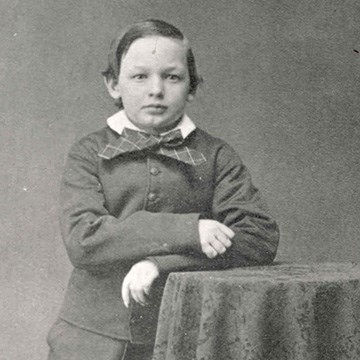Justice Stephen Breyer Invokes Lincoln in His Retirement Speech
- David J. Kent

- Jan 28, 2022
- 3 min read
By David J. Kent
Washington, DC
Thursday, January 27, 2022

On January 27, 2022, the 184th anniversary of Abraham Lincoln’s Lyceum Address, Justice Stephen Breyer invoked Lincoln as he announced his retirement from the U.S. Supreme Court in a speech at the White House. Breyer has been on the Supreme Court since 1994, having been nominated by Democratic President Bill Clinton.
But in his retirement speech he was thinking of the nation’s first Republican president, Abraham Lincoln. Breyer noted that he enjoyed talking to students- - high school, grammar school, college, even law students.
And they'll come around and ask me, "What is the -- what is it you find particularly meaningful about your job? What sort of gives you a thrill?" And that's not such a tough question for me to answer. Like Lincoln in his Lyceum Address, Breyer urges them to accept the Constitution and respect the rule of law. He adds:
But I'll tell you what Lincoln thought, what Washington thought and what people today still think: It's an experiment. It's an experiment, that's what they said. And Joanna (Breyer) paid each of our grandchildren a certain amount of money to memorize the Gettysburg Address and the reason -- the reason that what we want them to pick up there -- and what I want those students to pick up -- if I can remember the first two lines, is that "Four score and seven years ago, our fathers" brought" -- created upon this here a new country. A country that was dedicated to liberty and the proposition that "all men are created equal. Conceived in liberty," those are his words. "And dedicated to the proposition that all men are created equal." He meant women too. And we are now "engaged in a great civil war," to determine whether "that nation or any nation so conceived and so dedicated can long endure."
See, those are the words I want to see. An experiment. And that's what he thought. It's an experiment. And I found some letters that George Washington wrote where he said the same thing, it's an experiment. That experiment existed then because even the liberals in Europe, you know they're looking over here and saying, "It's a great idea in principle, but it'll never work. But we'll show them it does." That's what Washington thought. And that's what Lincoln thought. And that's what people still think today.
Channeling Lincoln’s Gettysburg Address again, Breyer in essence said it remains “for us the living” to dedicate ourselves to “the unfinished work” necessary to keep this experiment alive:
And I say, I want you -- and I'm talking to the students now -- I say I want you to pick just this up: It's an experiment that's still going on. And I'll tell you something, you know who will see whether that experiment works? It's you, my friend. It's you, Mr. High School Student. It's you, Mr. College Student. It's you, Mr. Law School Students. It's us, but it's you.
It's that next generation. And the one after that. My grandchildren and their children. They'll determine whether the experiment still works and, of course, I'm an optimist and I am pretty sure it will. Does it surprise you that that's the thought that comes into my mind today? I don't know, but thank you.
Justice Breyer will officially retire at the end of the term in June. President Biden indicated that he intends to nominate a highly qualified jurist to be the first African American woman on the Supreme Court. That nomination is expected to be by the end of February according to the White House.




Comments